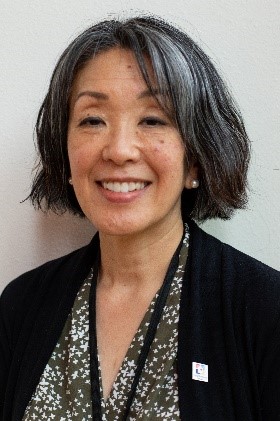Since 1965, born out of President Johnson’s War on Poverty, Community Action Agencies have been helping people gain social and economic mobility, changing inequitable systems that perpetuate the causes and conditions of poverty, and strengthening our community. In 2021, 30 Community Action Agencies served 347,000 low-income Washingtonians in over 175,000 households in all 39 counties. Each of us are unique to better respond to our diverse communities. Neighborhood House, based in Seattle and King County, increases access to housing, health, education, and economic opportunity. Opportunities Industrialization Center (OIC) of Washington, headquartered in Yakima, Washington, is rooted in economic development and career training.
One thing that we all have in common is that we all receive federal Community Services Block Grant (CSBG) funding and abide by the CSBG organizational standards that prioritize real community participation in our institutions. Unlike the majority of government funding, CSBG funds are flexible and critical to help us respond to our unique community needs. In the last legislative session, Washington was the first state in the nation to fully match federal CSBG funding. This $7.5 million investment prioritizes rural and Black, Indigenous, and people of color communities, communities that have been the most harmed by COVID due to current and past racist policies and underinvestment.
Neighborhood House used our CSBG funds to set up vaccination clinics and connected people with language and cultural barriers to unemployment benefits while setting them up with training for new jobs. CSBG funds allowed us to continue operating our after-school youth programs in Auburn and West Seattle.
OIC of Washington used funding to incubate and strengthen BIPOC and rural small businesses, supported communities to develop human-centered and stronger race relations, and invested in youth empowerment programs to combat school truancy, gang involvement, and behavioral health challenges.
In Whitman County, Community Action Council’s innovative Mobile Farm Stand reaches food insecure rural communities.
Community Action Council of Lewis, Mason, and Thurston Counties’ Digital Equity programming is lowering barriers in rural communities by delivering technology directly into homes, increasing accessibility to services and resources.
In Kitsap County, Kitsap Community Resources invested in Gather Together, Grow Together, a program working in partnership with the county and mental health providers to provide transportation services for low-income and unhoused residents to grocery stores, medical appointments, and to shelters.
CSBG state match made all of this community support possible. Tell your legislator to support Community Action and connect with the Community Action agency in your community if you need help or if you want to help: wapartnership.org/agencies

Janice Deguchi is Executive Director of Neighborhood House, a 117-year-old human services organization serving Seattle and King County. She serves on the board of Washington State Community Action Partnership (WSCAP)

Anthony Peterson is CEO of OIC of Washington, serving Adams, Grant, and Yakima Counties. He is the National Community Action Partnership (NCAP) Region X Board Representative
